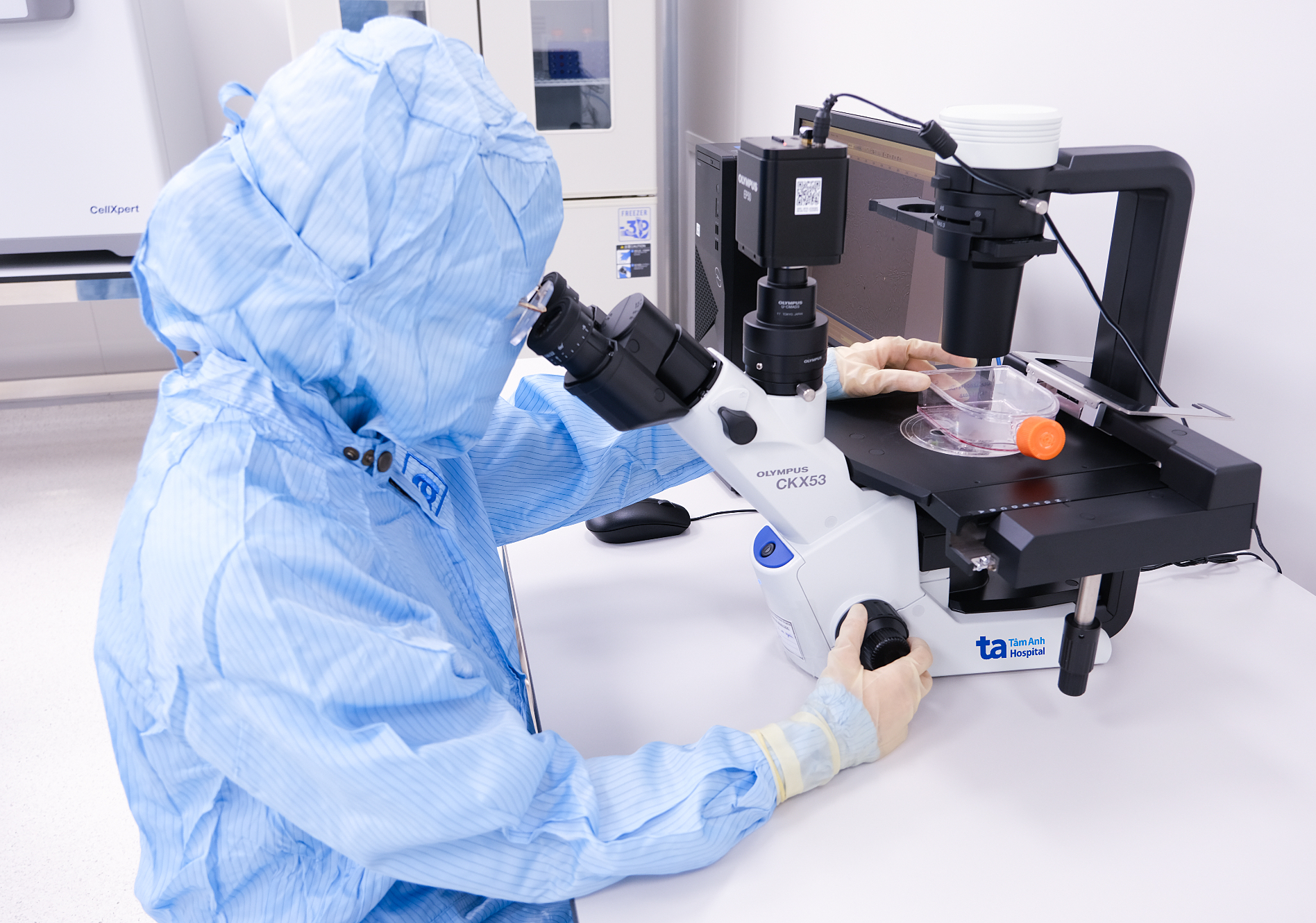Answer:
Umbilical cord blood and tissue contain a large number of neonatal stem cells that have been researched and tested for treating various diseases. Cord tissue contains mostly epithelial and mesenchymal stem cells, while cord blood contains hematopoietic stem cells.
Mesenchymal stem cells possess strong immunomodulatory capabilities by suppressing T cell proliferation and stimulating regulatory T cells, dendritic cells, and macrophages. They can differentiate into various cell types in the body, such as bone, muscle, liver, heart, pancreas, endothelial, lung, and nerve cells. Hematopoietic stem cells can produce red blood cells, white blood cells, and platelets.
Stem cell-based therapy is being developed to prevent and treat many dangerous diseases for the baby, relatives, and others in the future, such as cardiovascular disease, neurological disorders, autoimmune diseases, blood disorders, and musculoskeletal conditions.
For example, hematopoietic stem cells can create all types of blood and immune cells, offering potential in treating malignant blood diseases (like leukemia and lymphoma) or non-malignant blood diseases (like severe autoimmune diseases, hemolytic anemia, and bone marrow failure). Mesenchymal stem cells can be used to treat steroid-resistant acute graft-versus-host disease (GvHD) along with other serious diseases related to the nervous, cardiovascular, and immune systems, osteoarthritis, and even have applications in cosmetic procedures.
 |
Technicians perform stem cell analysis and storage. Photo: Tam Anh General Hospital |
If you are interested in disease prevention and treatment in the future, you can store stem cells from your child's cord blood or tissue. This is an opportunity to prepare and preserve a source of cells at birth. The process of collecting stem cells from the placenta is painless for both mother and baby. Depending on your needs and circumstances, you can choose different storage durations, with options for extension after each period.
Umbilical cord blood and tissue stem cell storage is a highly technical process. You should choose a reputable medical facility licensed for stem cell collection, processing, storage, research, and application to ensure safety and effectiveness.
Dr. Tham Thi Thu Nga
Lab Head, Stem Cell Center and Tissue Bank
Tam Anh General Hospital
| Readers can submit questions about pregnancy and childbirth here for doctors to answer. |












